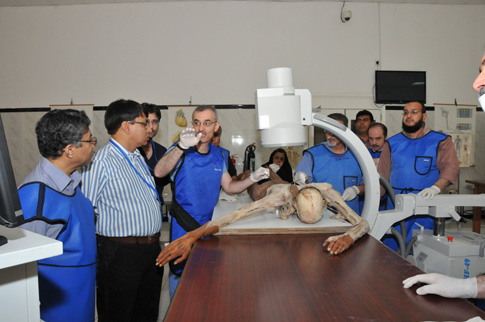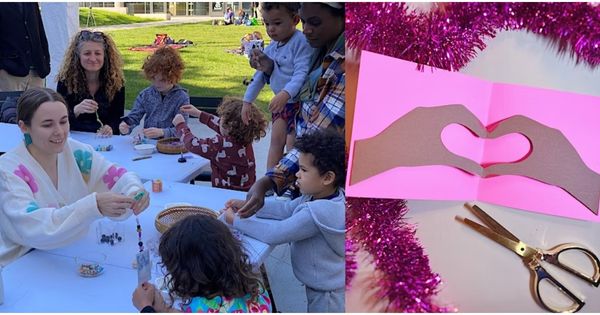
Image Source: Google
In today's digital age, technology plays a crucial role in our daily lives. From smartphones to smart home devices, technology has become an integral part of how we communicate, work, and play. As a parent, you want to ensure that your child is equipped with the necessary skills to thrive in this tech-driven world. Enrolling your child in a coding camp can be a great way to introduce them to the world of programming and technology at a young age. Let's explore the benefits of coding camps for young children.
The Basics of Coding Camps
Coding camps for kids are designed to teach children the fundamentals of programming in a fun and interactive way. These camps typically offer hands-on activities, games, and projects that introduce children to coding concepts such as algorithms, loops, and variables. Children are encouraged to explore their creativity and problem-solving skills while learning how to code.
Benefits of Enrolling Your Child in a Coding Camp
- Introduction to a valuable skill: Coding is a valuable skill in today's job market, and learning to code at a young age can give your child a head start in their future career.
- Enhances problem-solving skills: Coding teaches children how to break down complex problems into smaller, more manageable parts, fostering critical thinking and problem-solving skills.
- Promotes creativity: Coding allows children to express their creativity by designing their own programs, games, and animations.
- Encourages teamwork: Many coding camps offer group projects that require children to collaborate with their peers, fostering teamwork and communication skills.
- Boosts confidence: By overcoming coding challenges and completing projects, children can build confidence in their abilities and perseverance.
Age-Appropriate Curriculum
One of the key advantages of coding camps for young children is that the curriculum is tailored to their age and skill level. Camps for younger children focus on introducing basic coding concepts through engaging activities and games, while camps for older children may delve into more advanced programming languages and concepts.
Interactive Learning Environment
Coding camps provide a hands-on learning experience that engages children through interactive activities and projects. Children have the opportunity to apply what they have learned in a fun and supportive environment, fostering a love for coding and technology.
- Engaging activities: Coding camps often incorporate games, puzzles, and challenges to make learning fun and exciting for children.
- Hands-on projects: Children can work on coding projects and see the results of their code come to life, which can be incredibly rewarding and motivating.
- Immediate feedback: Instructors provide real-time feedback and guidance to help children learn from their mistakes and improve their coding skills.
Preparing Your Child for the Future
As technology continues to advance, the demand for skilled programmers and computer scientists is expected to grow. By enrolling your child in a coding camp, you are equipping them with the skills and knowledge they need to succeed in a technology-driven world. Coding camps can help prepare your child for future academic and career opportunities in fields such as software development, cybersecurity, and artificial intelligence.
Building a Strong Foundation
Learning to code at a young age can help children build a strong foundation in computational thinking and problem-solving, skills that are valuable across various disciplines. Whether your child pursues a career in STEM or chooses a different path, the problem-solving skills and creativity they develop through coding can benefit them in any field.
- STEM education: Coding camps support STEM (science, technology, engineering, and mathematics) education by teaching children valuable skills that are in high demand in today's workforce.
- Critical thinking: Coding teaches children how to think critically, analyze problems, and come up with creative solutions, skills that are essential for success in any field.
- Future career opportunities: By learning to code at a young age, children can explore future career opportunities in technology and innovation.
Conclusion
Enrolling your child in a coding camp can be a valuable investment in their future. Coding camps offer children the opportunity to learn a valuable skill, enhance their problem-solving abilities, and prepare them for future academic and career opportunities. By introducing your child to the world of programming at a young age, you are setting them up for success in an increasingly technology-driven world.









/GettyImages-176829483-1db463453a484d4988b187a7540b4dff.jpg)